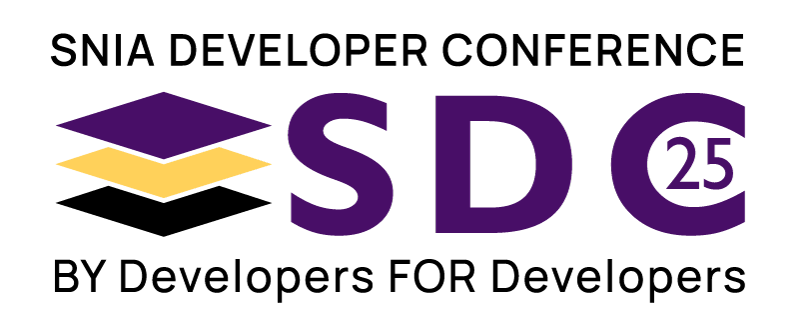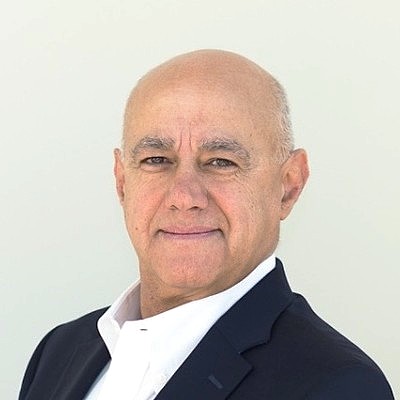
Building a Community to Tackle Cloud Object Storage Incompatibilities

Cypress
Tue Sep 17 | 7:00pm
Abstract
Object Storage has firmly established itself as a cornerstone of modern data centers and cloud infrastructure. Ensuring API compatibility has become crucial for object storage developers who want to benefit from the wide ecosystem of existing applications. However, achieving compatibility can be challenging due to the complexity and variety of the APIs, access control mechanisms, and performance and scalability requirements. The SNIA Cloud Storage Technologies Initiative (CSTI) and the SNIA Cloud Storage Technical Work Group (TWG) are taking the lead to build a community that tackles cloud object storage incompatibilities with a collaborative, multi-vendor plugfest here at SDC’24. We will continue work throughout the year to identify and address:
• Real-world incompatibilities found in various object storage implementations
• Missing or incorrect response headers
• Unsupported API calls and unexpected behavior
• Implications on client applications
Related Sessions
Challenges and Solutions to Testing AI at Scale
AI is a large-scale system design problem. This is forcing the industry to evolve their traditional testing and validation practices. Hypersalers are leading this effort due to access to resources and budgets. At this BoF, we delve into what is different in AI from both challenges and solutions perspective.
AI and Performance Expansion - Total Cost of Ownership (TCO) Model 2.0
A Total Cost of Ownership (TCO) Model of storage provides a way to understand how customers make purchasing decisions by looking all the costs associated with purchasing and running IT equipment. Business objectives and purchasing criteria vary greatly between customers, and hence a one size fits all TCO Model is not adequate for all storage workloads. In this BoF, we will discuss how the latest SNIA TCO Model 2.0 updates the regular storage model TCO with software licensing costs and server configurations important for AI and storage companies. We will also discuss a new TCO cost/performance Model that includes the use of accelerators which help TCO savings within a specific workload. We will demonstrate prototypes for TCO 2.0 and look forward to your feedback for this and future updates.
Directing the Future of our Industry: Can we develop the next class of storage?
Please join the interactive discussion on this exciting next class of storage devices. Now is your chance to get involved in the definitions, standardization, and direction of the future evolution of our industry.
Object Storage for Structured Storage
AI use cases are evolving to consume both unstructured and structured data. Object storage is evolving to support both unstructured and structured data becoming tier-1 storage. This BOF sessions covers the fundamentals of structured data, like iceberg tables and use cases enabled by supporting this natively in object storage.
Storage Blending: The Evolving Role of HDD and SSD in Data Systems for an AI and Analytics Era
Let's continue the discussion with the really smart presenters from the mainstage panel discussion earlier in the day.
Storage.AI - The Evolution of Data with SNIA
AI is driving the future of Data. A holistic approach to how this data moves through the pipeline is needed, with open, supported ecosystem that can help users manage their data from storage, memory, processing, and networking in a vendor-neutral way.
Come to this BoF to discuss SNIA's new Storage.AI efforts and hear how you can be a vital piece of this work regardless of your intersection with your data and the AI ecosystem!








